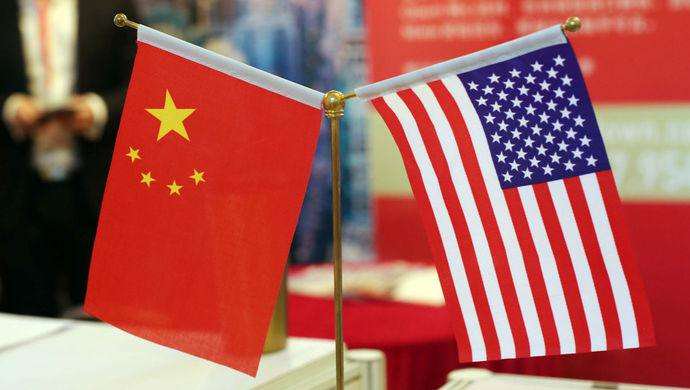Chinese investments most at risk from US sanctions against Venezuela
While crisis-torn Venezuela braces for the impact from the latest US economic sanctions, Venezuela’s trading partners are also at great risk.
On Monday, the Trump administration announced sanctions against Venezuela’s state-owned energy company Petroleos de Venezuela, better known as PDVSA. The fresh restrictions will freeze $7 billion in assets and cause more than $11 billion in lost export revenues throughout the next year.
One of the country’s biggest trade partners and creditors, China, has already opposed foreign interference in Venezuela’s affairs, saying the US will bear responsibility for sweeping sanctions it imposed.
China has provided $50 billion in loans to the Latin American country over the past decade. Through loans and outbound direct investments, Beijing has poured funding into Venezuela while many other countries backed off from doing business with the cash-strapped nation.
Caracas has been gradually paying off that debt with oil shipments, but has struggled to fulfill its commitments because of falling production. It still owes Beijing about $20 billion.
According to sources at Caracas Capital, Venezuela has not paid a sovereign bond since December 2017, and is now in default on 16 sovereign bonds and coupons totaling $1.81 billion.
Now, with a new US package of sanctions in place, China’s multi-billion dollar lending as well as investments and business ties with countries like Russia, India, Turkey and others, are all put at risk.
Despite the ongoing crisis in Venezuela, New Delhi and Caracas have been continuing their joint investments in the energy sector. India is one of the largest buyers of Venezuelan crude, with over 400,000 bpd procured by Indian companies. The firms had plans to boost crude purchases from Venezuela in the future.
Venezuela is one of the major crude exporters in Latin America and its oil revenues account for about 98 percent of export earnings, according to OPEC. However, oil output fell 33,000 barrels daily from November and hit a new low in December, with 1.15 million barrels per day produced in contrast to more than 2 million in 2017.
Russia has several joint projects with the Latin American country, including in the energy, agricultural and defense sectors, among others. Investment in Venezuela exceeds $4.1 billion, with Russian energy giant Rosneft accounting for most of it. Trade turnover between Moscow and Caracas rose 48 percent in January-February last year, compared to the same period in 2017 and reached nearly $85 million.
Venezuela’s partner in the Middle East, Turkey was also maintaining close ties with Caracas despite the sanctions and international pressure. The sides were working on a deal to ship tons of gold to refine and certify in the Turkish city of Corum this year.
Caracas has been exporting its gold to Turkey for safekeeping since the beginning of last year. Statistics show that Turkey imported $900 million in gold – about 23.6 tons – from Venezuela in the first nine months of 2018. According to Mehmet Ozkan, a former Turkish official who worked on bilateral relations with Venezuela until last year, the main objective was to refine the raw metal and create a capital inflow to Venezuela, likely in the form of services because of US sanctions that prohibit financial institutions from dealing with Venezuela in dollars.

